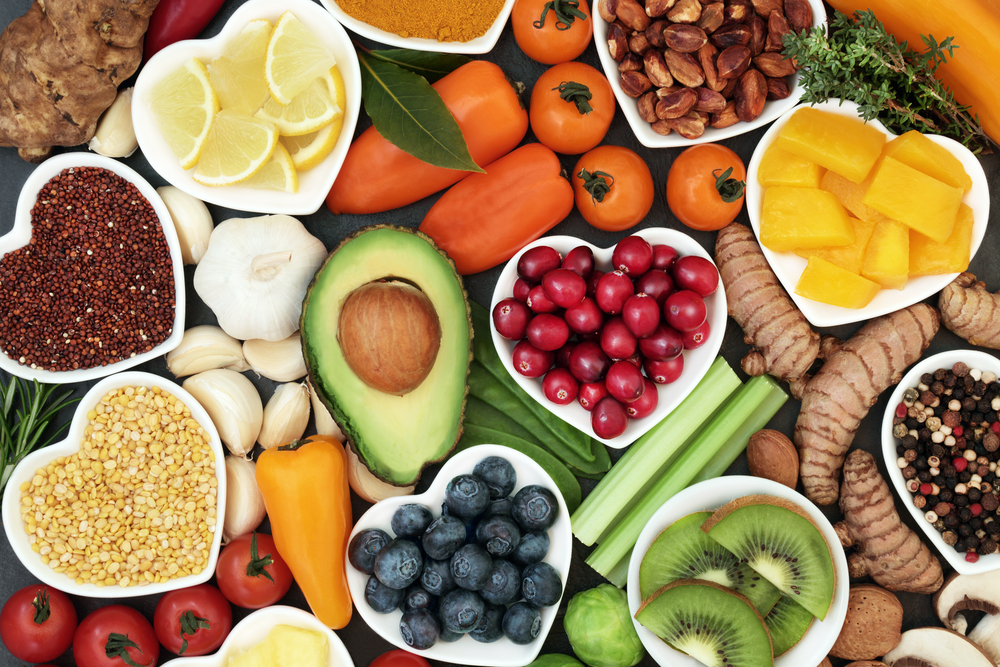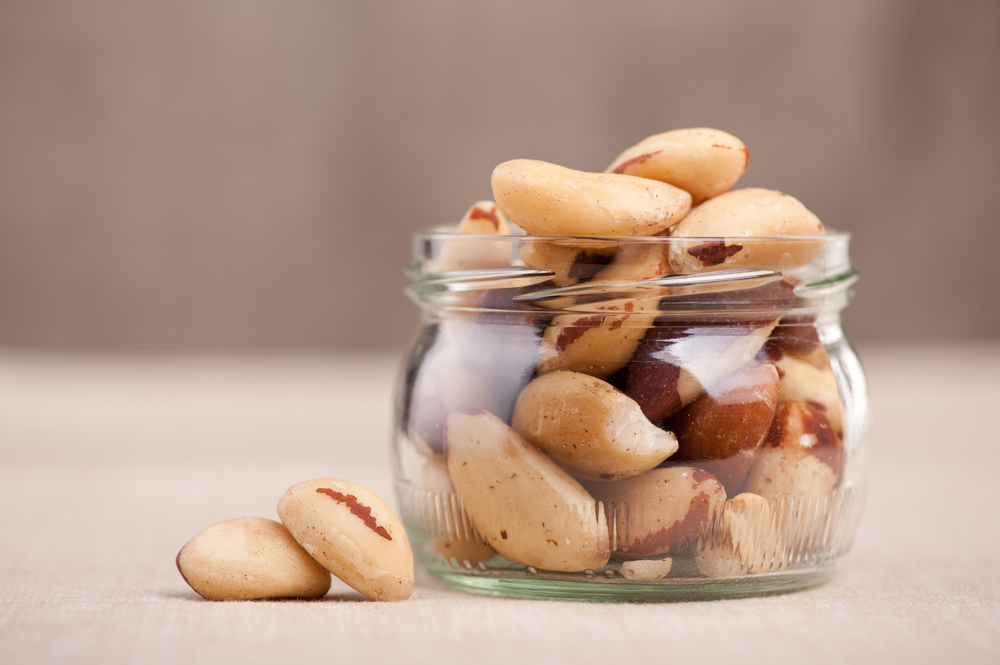Ensuring you eat the right minerals can make a huge difference to your health – but which do you need, where are they found and how much of each do you need to consume?
We’ve long been told that vitamins are a vital part of keeping our bodies healthy, and now we’re being flooded by research showing how crucial minerals are for our minds. If you’re anything like us, you generally eat a varied diet that’s full of great natural food sources and bursting with a range of fruits and vegetables as well as lots of other healthy ingredients to keep all these levels well topped up.
We have to admit though, that sometimes life gets in the way and our best intentions can fall by the wayside. Whether it’s some complicating factor such as an illness (anything from irritable bowel or coeliac disease to a temporary stomach virus), a bit too much stress creeping in, or the occasional less-than-healthy choice (such
as too much sugar, coffee, or alcohol), your mineral levels can suffer and this can have an impact on your mood.

So here we’ve picked out the most important minerals for mind health, and found some tasty ways to make sure you’re getting enough of them!
What does zinc do for your health?
This helps our bodies deal with stress and makes us more resilient. It’s used by hundreds of processes and enzymes in the body, but the highest amount is found in the brain. It has been discovered that when we are under serious stress, we lose zinc from our bodies through our urine, sweat and saliva – and the less of it we have, the more likely we are to be depressed. It also can help… fight antibodies, heal wounds, tackle inflammation, strengthen your immune system, and even support your sense of taste and smell!
How much zinc do you need?
Adult women need around 8mg a day, which mainly comes from diet. However, if you’re under serious stress, have an immune disorder such as Crohn’s or you’re a vegetarian, you might run low.
Which foods contain zinc?
Good dietary sources include beef, crab and pork (although oysters are best, with 8mg in just one!). Vegetarians can top up by eating beans, cashews and chickpeas.
What does magnesium do for your health?
This has a big impact on the amount of serotonin in your body – the crucial chemical that gives feelings of happiness and wellbeing. A magnesium deficiency has been shown to be linked to treatment-resistant depression, and supplementing it has been proven to make a difference to people with mild depression in as little as two weeks, according to a 2017 study. This could be due to the fact that one of the key roles of magnesium is to reduce inflammation in the brain, which can lead to feelings of anxiety as well as mood swings and depression. It can also help… if you have a mild aching in your joints or muscles to restlessness during sleep.
How much magnesium do you need?
Women over 30 should have 320mg of magnesium daily.
Which foods contain magnesium?
A serving of cooked spinach has around 160mg, and quinoa has 120mg per serving.
What does iron do for your health?
Popeye was definitely on to a good thing when it came to keeping his iron up with plenty of helpings of spinach. Not only does it keep you fit and strong, it also plays a crucial role in keeping your mood steady. Low iron levels have been shown to result in brain neurons literally slowing down, which can lead to anxiety and depression as well as poor concentration and restlessness. It can also help with… everything!
How much iron do you need?
A shortage of iron is the most common mineral deficiency. Many women who have heavy periods are deficient, but it’s also common if you’re vegetarian or vegan, or have digestive issues. Women who still have periods should aim to take in 14.8mg of iron per day, if you’re post menopausal you need 8.7mg.
Which foods contain iron?
Spinach has 3.2mg per serving and oysters, sardines, steak and lentils are also great sources.
What does selenium do for your health?
This little-known mineral plays a key role in the thyroid, which produces hormones that have a serious impact on mood. People with an underactive thyroid often experience depression, while those with an overactive thyroid often suffer from anxiety. This could be why a University of Otago study found that selenium levels that are too high or too low can put you at risk of depression. Balancing levels has been shown to improve symptoms in as little as five weeks.
It can also help… if you suffer from immune disorders such as chronic inflammation.
How much selenium do you need?
The recommended amount is 55mcg, which should be readily available from a healthy, balanced diet, as selenium enters into food via the soil. However, if you eat a lot of packaged foods you might be lacking as it’s thought the processing can destroy it.
Which foods contain selenium?
Brazil nuts are the most reliable source, with one large nut containing more than double your rda. Tuna, turkey, brown rice and sunflower seeds are other good sources.
What does calcium do for your health?
There’s a very good reason why a mug of nice warm milk is such a favourite bedtime drink – calcium is a natural sedative, and helps to calm and relax you. It’s needed by the body to create the sleep-inducing hormone melatonin, and also to allow us to enter deep sleep. It’s important that it is balanced in the correct ratios with magnesium – too much calcium and too little magnesium leads to extra stress in your body – but if you keep the two in sync, they can help provide stress relief and relaxation. Low levels of calcium in women who are still having their period have been linked to premenstrual syndrome and low mood, and a deficiency has also been found to lead to depression in a study of middle-aged women in Korea. It can also help… fight off osteoporosis and keep your bone health strong, which is especially important after the menopause.
How much calcium do you need?
If you’re under 50 years old it’s recommended you make sure you take 1,000mg a day, over 50 that goes up to 1,200mg.
Which foods contain calcium?
Dairy is the most obvious source – a 30g serving of hard cheese provides 240mg. Yogurt, sardines and salmon are other good sources of this mineral, while vegans should concentrate on chia and poppy seeds, and lentils.
- Now read: how much fat do I need to eat to stay healthy?
- The amazing health benefits of raw food










